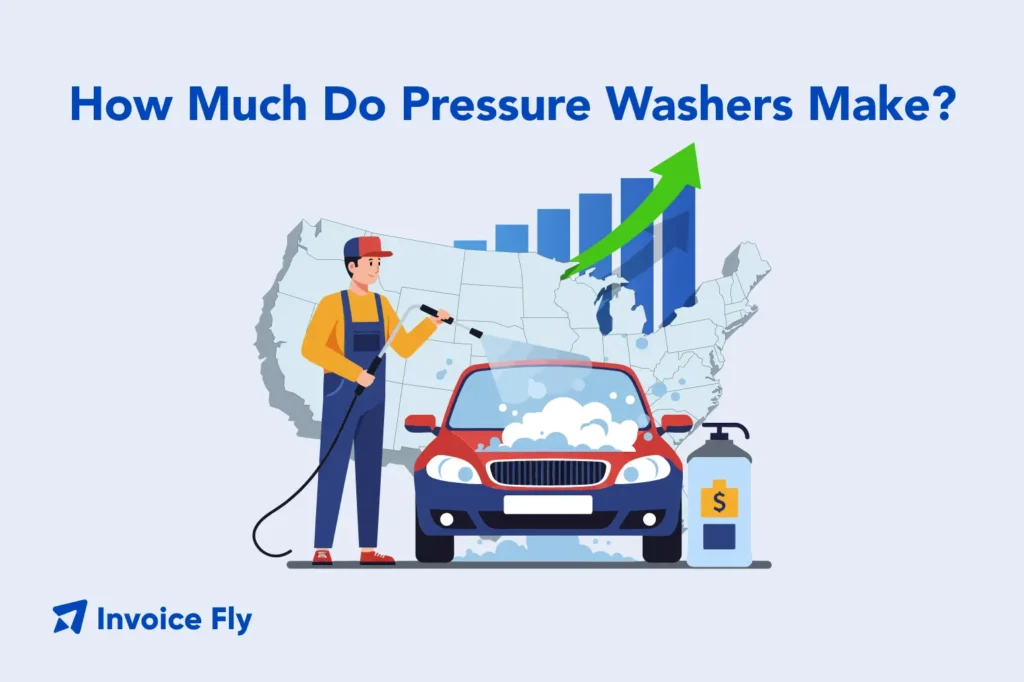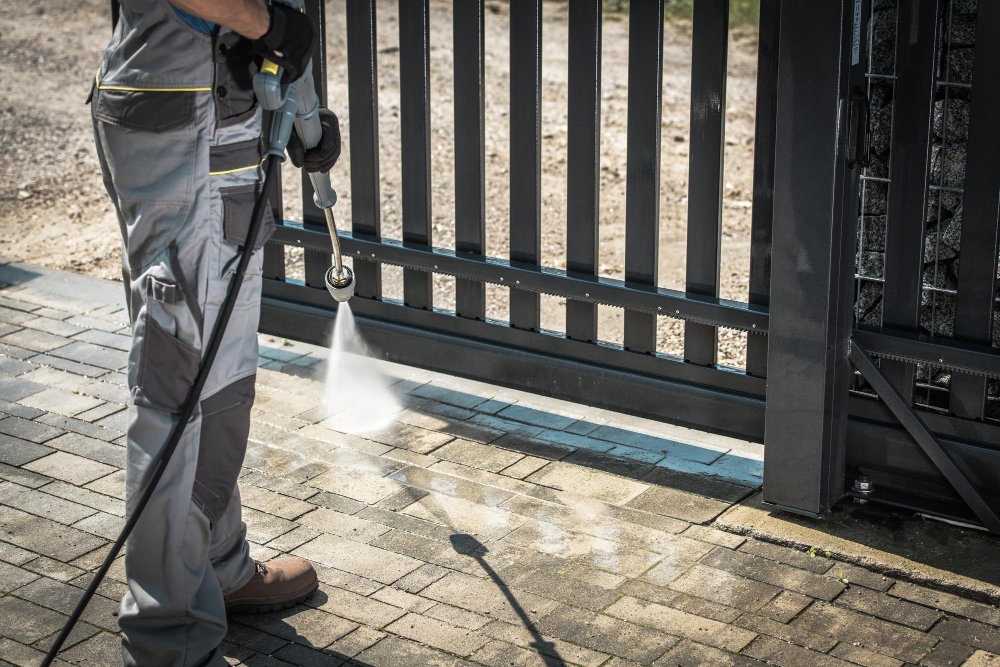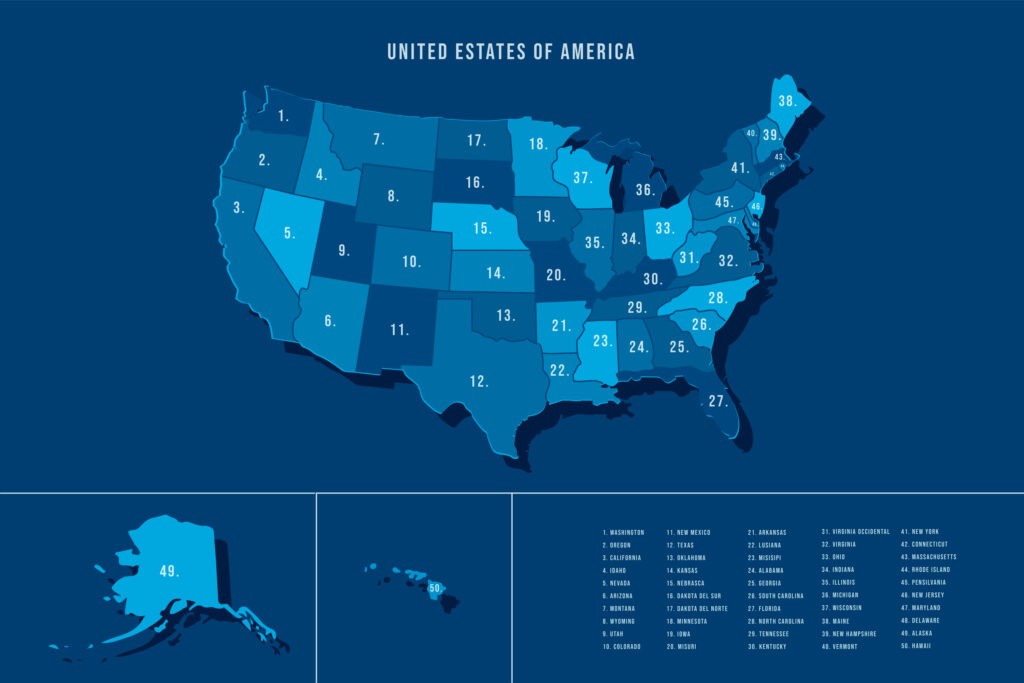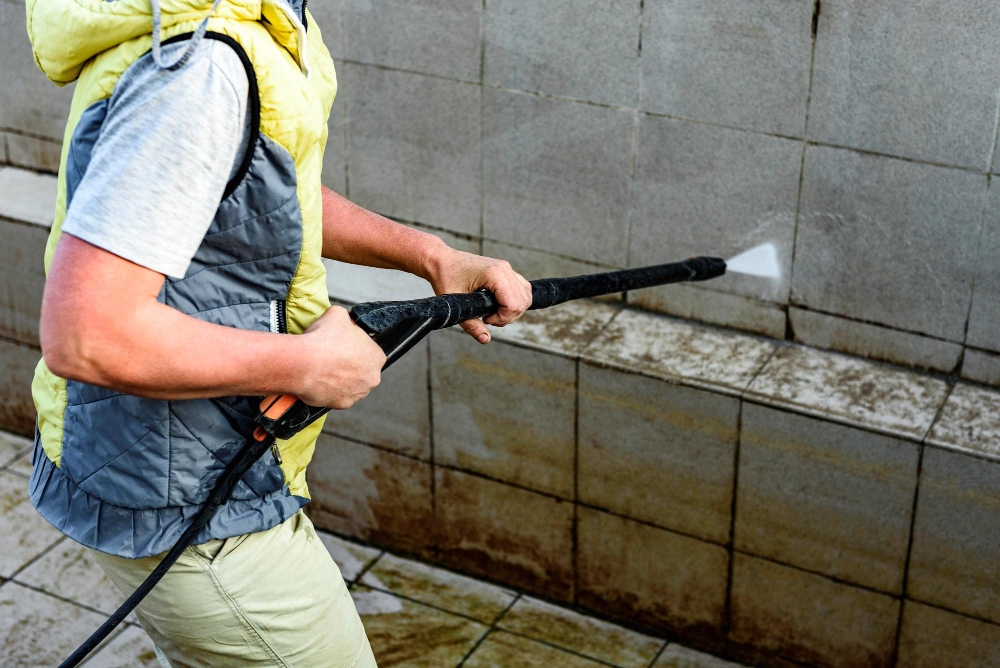How Much Do Pressure Washers Make? State-by-State 2025 Guide

Table of Contents
- How Much Do Pressure Washer Businesses Make Per Day?
- In Which States Do Pressure Washer Businesses Make the Most Money?
- Key Factors That Influence Pressure Washer Salaries
- How Much Revenue Can Pressure Washing Businesses Make?
- What Do Pressure Washing Pros Do?
- How to Increase Your Salary as a Pressure Washer
- How Much Does It Cost to Run a Pressure Washing Business?
- Career Outlook for Pressure Washing Businesses in 2025
- Tips to Reduce Costs and Boost Profits
- Maximize Your Pressure Washer Salary in 2025
- FAQs about How Much Do Pressure Washers Make
Many aspiring contractors ask, “how much do pressure washers make?” The answer depends on several factors including state, services offered, and the type of equipment you use. While some pressure washing businesses make steady income from smaller jobs like washing a driveway or a car wash, others scale into six-figure operations by tackling large commercial contracts.
According to the Bureau of Labor Statistics, the average annual wage for building and grounds cleaning workers (which includes pressure washing pros) in the United States is around $36,000, but independent contractors often earn significantly more.
In this guide we’ll break down:
- Average daily and annual earnings for pressure washing businesses
- Which states pay the most (California, Florida, Texas, and New York)
- Factors that impact earnings like equipment, insurance, and job sites
- How to increase your salary and scale your business
For those just beginning their pressure washer business journey, check out How to Start a Pressure Washing Business: Complete Guide.
How Much Do Pressure Washer Businesses Make Per Day?

Daily earnings vary based on the size of the job and the washer PSI (pounds per square inch) you’re working with. On average, contractors charge between $0.30–$0.80 per square foot (sq ft) depending on the job site. A small car wash may bring in $100–$150 in a day, while washing a house exterior or concrete driveway can generate $500–$1,000.
- Residential jobs: Washing a driveway, siding on a house, or soft wash roof cleaning typically earns $200–$500 per project.
- Commercial jobs: Larger contracts for shopping centers, real estate properties, or industrial job sites can generate $1,000–$2,500 per day.
Example: A contractor using a 3200 PSI gas pressure washer may complete a 2,000 square foot driveway pressure wash job in half a day, charging $600–$800 depending on surface condition.
For more pricing strategies, see: How To Price Pressure Washing Jobs in 2025?
In Which States Do Pressure Washer Businesses Make the Most Money?

ZipRecruiter reports that the three top paying states for pressure washers include:
- Massachusetts
- Hawaii
- Connecticut
Income potential varies by state because of demand, weather conditions, and regulations. Here’s a state-by-state breakdown:
California
- Average earnings: $55,000–$75,000 annually.
- Strong demand for house washing and soft wash services due to coastal weather and environmental regulations.
- Contractor license required for jobs over $500, plus proof of general liability coverage and workers compensation insurance.
Florida
- Average earnings: $50,000–$70,000 annually.
- High demand for driveway pressure and softwash services due to humidity and algae growth.
- Counties like Ocala, FL strictly enforce pressure washing insurance requirements by state, including workers compensation insurance.
Texas
- Average earnings: $45,000–$65,000 annually.
- Many opportunities in real estate markets and new construction wash services.
- Business licenses are affordable ($100–$400) but insurance agents recommend contractor insurance for cleaning businesses.
New York
- Average earnings: $55,000–$80,000 annually.
- Strong demand in urban areas for window cleaning, house washing, and high pressure wash services.
- Contractors must show proof of workers comp and commercial auto insurance for job sites.
Learn more about compliance in our guide on How To Get Your Pressure Washing Business License.

Key Factors That Influence Pressure Washer Salaries
Several elements determine how much pressure washing services can charge:
- PSI rating of equipment: High pressure washers (like 3200 PSI gas pressure models) clean faster and handle tougher surfaces like concrete, increasing hourly revenue.
- Job type: Driveway pressure washing and house washing typically command higher rates per square foot than a simple car wash.
- Service area: Contractors in urban centers often earn more due to demand from real estate firms, commercial property owners, and industrial wash services.
- Experience and certification: Certified contractors (PWNA or UAMCC) often secure higher-paying contracts.
- Insurance coverage: Businesses with general liability coverage and workers compensation insurance can take on bigger job sites safely and legally.
See also our article How To Get Your Pressure Washing Business Insurance.
How Much Revenue Can Pressure Washing Businesses Make?

Annual revenue depends on how many jobs you complete and your service rates:
- Small part-time operators: $20,000–$30,000 annually, often using electric pressure equipment for car washes or residential siding.
- Full-time professionals: $60,000–$100,000 with gas pressure washers handling driveways, houses, and commercial projects.
- Large-scale businesses: $150,000+ by scaling teams, bidding on commercial property contracts, and expanding into real estate partnerships.
According to Thimble, some established pressure washing services report profit margins of 50% or more when pricing correctly per square foot.
What Do Pressure Washing Pros Do?
Pressure washing pros offer a wide range of wash services, including:
- Wash driveway and sidewalk cleaning (concrete, asphalt, and brick).
- House washing including siding, roofing, and gutter cleaning.
- Soft wash treatments for delicate surfaces like stucco or shingles.
- Commercial contracts such as real estate property maintenance or industrial cleaning.
- Car wash and fleet washing for vehicles.
This variety allows pressure washing businesses to adapt to local demand and maximize income per job site.
How to Increase Your Salary as a Pressure Washer
Contractors can raise earnings by:
- Expanding services: Add soft wash, window cleaning, or real estate partnerships.
- Upgrading equipment: High pressure washers (3200 PSI+) clean faster, allowing more jobs per day.
- Improving marketing: Use certifications and professional branding (like a pressure cleaning business card template) to stand out.
- Getting certified: Credentials from PWNA or UAMCC can help secure larger contracts.
- Managing finances: Use Invoice Fly’s Invoicing Software to send invoices, track sq ft pricing, and manage payments quickly.
How Much Does It Cost to Run a Pressure Washing Business?
Running costs impact profits significantly:
- Equipment: Gas pressure washers ($800–$2,500) vs electric pressure washers ($300–$800).
- Insurance costs: The cost of small business insurance for pressure washing averages $500–$1,500 per year for general liability coverage. Add workers compensation insurance, commercial property insurance, and tools and equipment insurance to cover the costs of medical bills or damaged gear.
- Fuel & supplies: Gas, detergents, and soft wash chemicals add up, especially on large house or driveway projects.
- Maintenance: Regular upkeep for hoses, nozzles, and pumps.
- Licensing: States require business licenses, and some require contractor licenses.
For guidance on insurance requirements, see our article on How To Get Your Pressure Washing Business Insurance.
Career Outlook for Pressure Washing Businesses in 2025

The industry is expected to grow steadily across the United States as demand rises for property maintenance, especially in real estate and construction markets. In 2024, the U.S. pressure washer market size was about USD 390 million in 2024 and is expected to be worth around USD 570 million by 2034.
More homeowners and property managers are hiring pressure washing businesses to keep houses, driveways, and commercial properties in top condition. This trend makes it a good time to consider starting or expanding a washing business.
Tips to Reduce Costs and Boost Profits
- Buy equipment wisely: balance between electric pressure and gas pressure washers depending on job types.
- Maintain tools: regular servicing prevents breakdowns and protects your investment.
- Manage insurance: compare insurance quotes and coverage limits to control pressure washing insurance costs.
- Specialize services: offering driveway pressure cleaning or soft wash roofing can set you apart in competitive markets.
- Use tech: digital tools like Invoice Generator and Invoice Templates help streamline operations.

Maximize Your Pressure Washer Salary in 2025
Pressure washing services are growing in demand across the United States thanks to real estate development and property maintenance needs. By offering diverse wash services and protecting your company with the right insurance coverage (general liability coverage, workers comp, commercial auto insurance), you can maximize profits and avoid financial loss.
Ready to run your washing business more efficiently? Try Invoice Fly’s Invoicing Software today. It helps you manage invoices, provide accurate insurance quotes, and keep job site records organized.
FAQs about How Much Do Pressure Washers Make
Most contractors charge $0.30–$0.80 per square foot, depending on washer PSI and surface type (concrete, house siding, driveway).
Profit margins vary but typically range from 40%–50%, depending on equipment, insurance costs, and local demand.
Calculate based on sq ft, job site difficulty, washer PSI, and whether it’s residential (house, driveway) or commercial property.
Yes, many states require at least a business license, and some require contractor licenses. See our article on How To Get Your Pressure Washing Business License.
Income varies from $30,000 for part-time operators to $150,000+ for established pressure washing businesses with multiple crews.
Most states require general liability coverage and workers compensation insurance. Many contractors also purchase additional insurance like commercial auto insurance and tools and equipment insurance for full protection.
